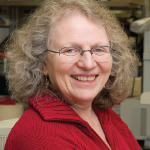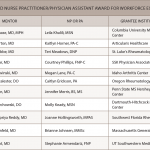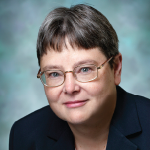ATLANTA—Every year at its Annual Meeting, the ACR recognizes its members’ outstanding contributions to the field of rheumatology through an awards program. The ACR is proud to announce 20 award recipients for 2019, honored for their accomplishments as clinicians, instructors or researchers who have helped advance rheumatology, for their commitment to inspire others to enter…







